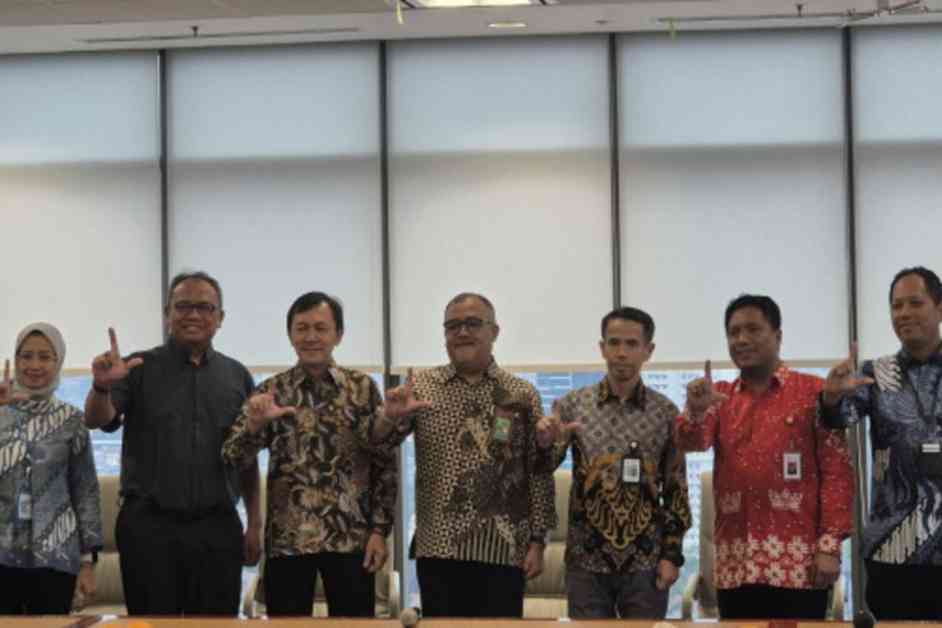Indonesia Prepares to Enter Global Carbon Trading Market
Jakarta – The Ministry of Environment (KLH)/Environmental Control Agency (BPLH) has announced that Indonesia is set to participate in global carbon trading with 2.48 million tons of carbon dioxide equivalent (CO2e) available for trade on January 20.
Deputy for Climate Change Control and Carbon Economic Value Management of KLH/BPLH, Ary Sudjianto, expressed optimism about Indonesia’s ability to implement international carbon trading successfully. This milestone represents a significant advancement for the country in its commitment to reducing greenhouse gas emissions and achieving the Nationally Determined Contribution (NDC) target while reaping economic benefits.
Initiating international carbon trading is a crucial step for Indonesia, as it reflects the country’s readiness to enter the global market. The domestic carbon trading capacity has been robust, with a trade value of Rp55.237 billion since the carbon exchange began operations in September 2023, trading over 1.040 million tons of CO2e.
Challenges and Opportunities
Sudjianto emphasized the importance of having a solid foundation for success in carbon trading. He highlighted the need for fair regulations, a transparent monitoring system, and collective commitment from all parties involved. Indonesia has laid the groundwork for this venture through Presidential Regulation Number 98 of 2021, which governs the implementation of carbon economic value. The PPI National Registry System (SRN) ensures infrastructure transparency to support these efforts.
National Climate Targets
The initiation of carbon trading aligns with Indonesia’s national climate targets outlined in the Nationally Determined Contribution (NDC) document. The country aims to reduce greenhouse gas emissions by 31.89 percent through domestic efforts and 43.20 percent with international support by 2030. Collaboration and synergy are essential to achieving these goals and increasing climate resilience for the welfare of the Indonesian people.
As Indonesia gears up to enter the international carbon trading market, the IDXCarbon platform, developed by the Indonesia Stock Exchange (IDX), will serve as the backbone of these transactions. With the groundwork laid and a strong legal basis in place, Indonesia is poised to make significant strides in global carbon trading, demonstrating its commitment to sustainability and environmental stewardship.
Let’s ponder on this – How can individuals contribute to reducing greenhouse gas emissions in their daily lives? Share your thoughts and ideas with us!






















